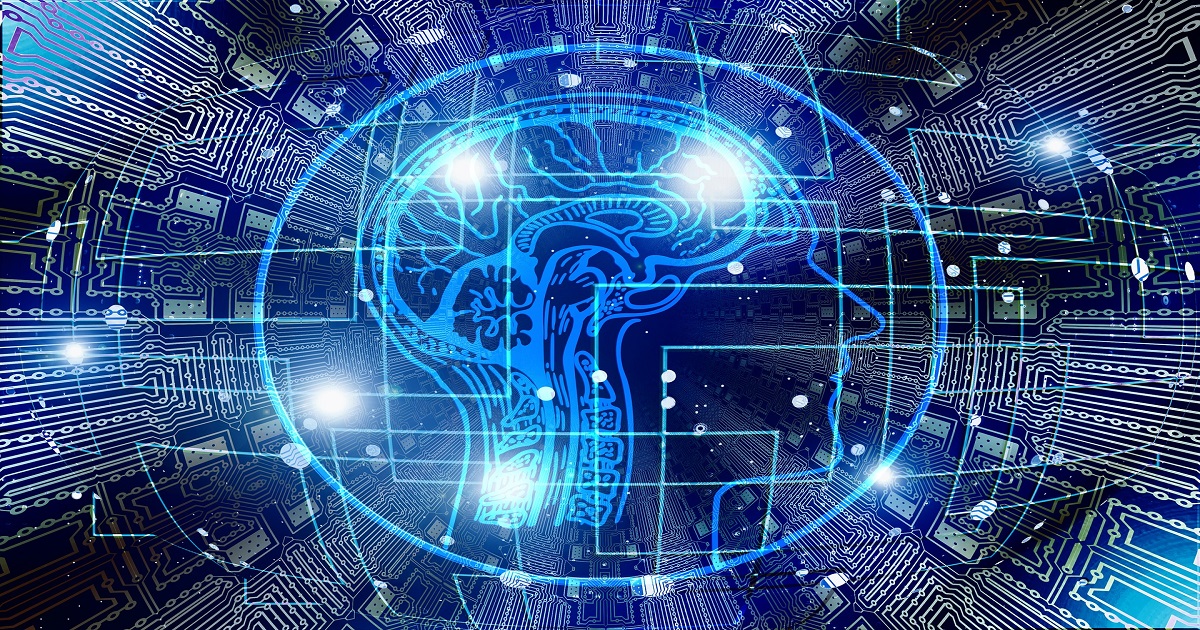Human–Computer Interactions and Web 3.0
A special issue of Applied Sciences (ISSN 2076-3417). This special issue belongs to the section "Computing and Artificial Intelligence".
Deadline for manuscript submissions: 31 August 2024 | Viewed by 349

Special Issue Editors
Interests: IoT devices; photovoltaic devices; STEM education
Special Issues, Collections and Topics in MDPI journals
Interests: internet of objects; data mining; brain–computer interaction
Special Issues, Collections and Topics in MDPI journals
Interests: science education; E-learning; interdisciplinary science learning; science communication
Special Issues, Collections and Topics in MDPI journals
Special Issue Information
Dear Colleagues,
Human–computer interaction (HCI) involves research into the design and use of computer technology, focusing in particular on the interfaces between people (users) and computers. HCI researchers observe the ways in which humans interact with computers and on this basis design technologies that allow their interactions to occur in novel ways. HCI research encompasses the design, evaluation and implementation of interactive computing and computer-based systems for the benefit of human use. Yet, while driven by recent technological advances and the increasing transformation of computing devices into radically new future forms of interaction, HCI constitutes a field in need of significant innovation. For example, an understanding of user experience (UX) is integral to the development and success of digital systems that deliver appropriate user experiences in different contexts; as HCI evolves into HCI 2.0, user experiences and feedback become ever more relevant. In addition, Web 3.0 is an idea for a new iteration of the World Wide Web which incorporates concepts such as decentralization, blockchain technologies, and token-based economics. Some technologists have contrasted it with Web 2.0, wherein they say data and content are centralized in a small group of companies sometimes referred to as "Big Tech". Web 3.0 will provide increased data security, scalability, and privacy for users and combat the influence of large technology companies.
On the other hand, 2023 5th IEEE Eurasia Conference on IoT, Communication and Engineering (http://www.ecice.asia; IEEE ECICE 2023) will be held in Yunlin, Taiwan on 27-29 October 2023, and it will provide a unified communication platform for researchers working in the fields of IoT and advanced manufacturing topics. The booming economic development in Asia, driven by the leading manufacturing industries and production ranging from automobiles, machinery, computers, communication devices, consumer products and flat panel displays to semiconductor and micro/nano areas, has stimulated significant interest among universities, research institutions and numerous industrial corporations. This conference aims to provide a broad international forum for world researchers, engineers and professionals in the IoT and manufacturing fields to discuss and exchange various scientific, technical and management discoveries across the world. This Special Issue, entitled “Human–Computer Interactions and Web 3.0”, will present a selection of excellent papers from IEEE ECICE 2023, as well as other high-quality papers considering human–computer interactions and Web 3.0. Potential topics include, but are not limited to:
- HCI in smart manufacturing;
- HCI in emerging technologies;
- HCI in IoT;
- Human–robot interaction;
- Interaction in virtual/augmented reality;
- Multilingual speech processing;
- Multimodal HCI;
- Deep learning in HCI/IS;
- EEG in HCI;
- Biometrics in HCI;
- Human factors of HCI;
- Speech recognition and synthesis;
- Natural language processing;
- Web 3.0 in emerging technologies;
- Blockchain technologies;
- Cryptocurrency technologies;
- Non-fungible token technologies.
Prof. Dr. Teen-Hang Meen
Prof. Dr. Charles Tijus
Prof. Dr. Chun-Yen Chang
Guest Editors
Manuscript Submission Information
Manuscripts should be submitted online at www.mdpi.com by registering and logging in to this website. Once you are registered, click here to go to the submission form. Manuscripts can be submitted until the deadline. All submissions that pass pre-check are peer-reviewed. Accepted papers will be published continuously in the journal (as soon as accepted) and will be listed together on the special issue website. Research articles, review articles as well as short communications are invited. For planned papers, a title and short abstract (about 100 words) can be sent to the Editorial Office for announcement on this website.
Submitted manuscripts should not have been published previously, nor be under consideration for publication elsewhere (except conference proceedings papers). All manuscripts are thoroughly refereed through a single-blind peer-review process. A guide for authors and other relevant information for submission of manuscripts is available on the Instructions for Authors page. Applied Sciences is an international peer-reviewed open access semimonthly journal published by MDPI.
Please visit the Instructions for Authors page before submitting a manuscript. The Article Processing Charge (APC) for publication in this open access journal is 2400 CHF (Swiss Francs). Submitted papers should be well formatted and use good English. Authors may use MDPI's English editing service prior to publication or during author revisions.
Keywords
- human–computer interaction
- Web 3.0
- blockchain
- cryptocurrency
- non-fungible token
Related Special Issue
- Human-Computer Interactions 2.0 in Applied Sciences (12 articles)







